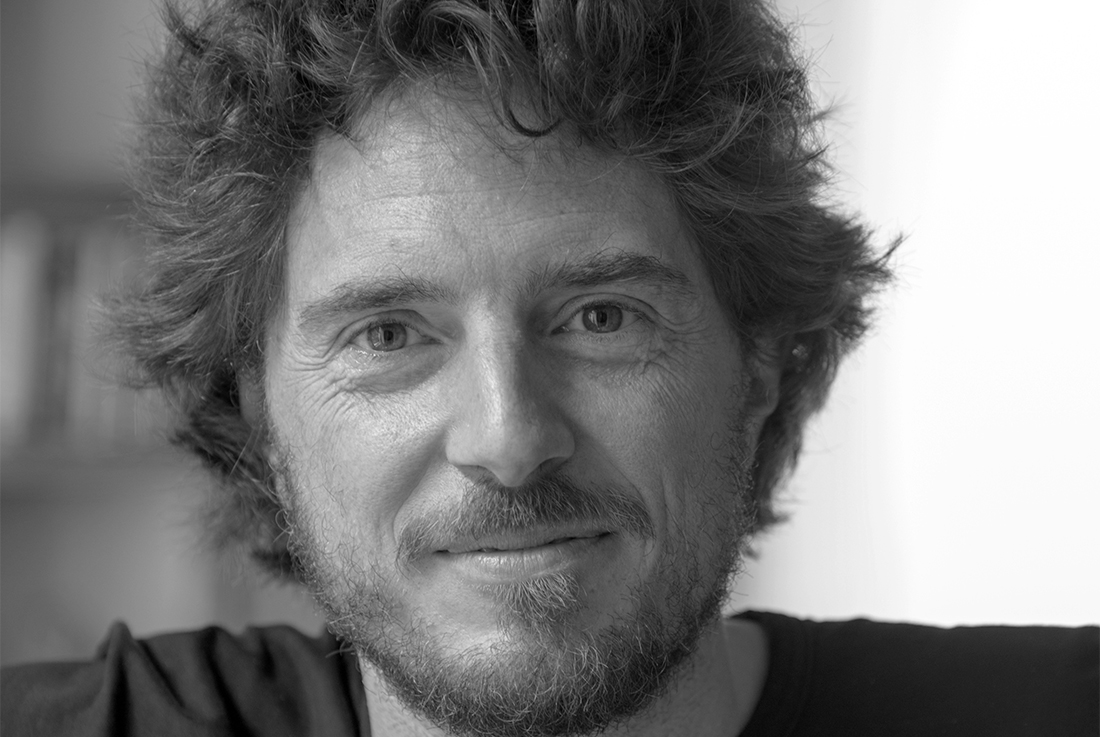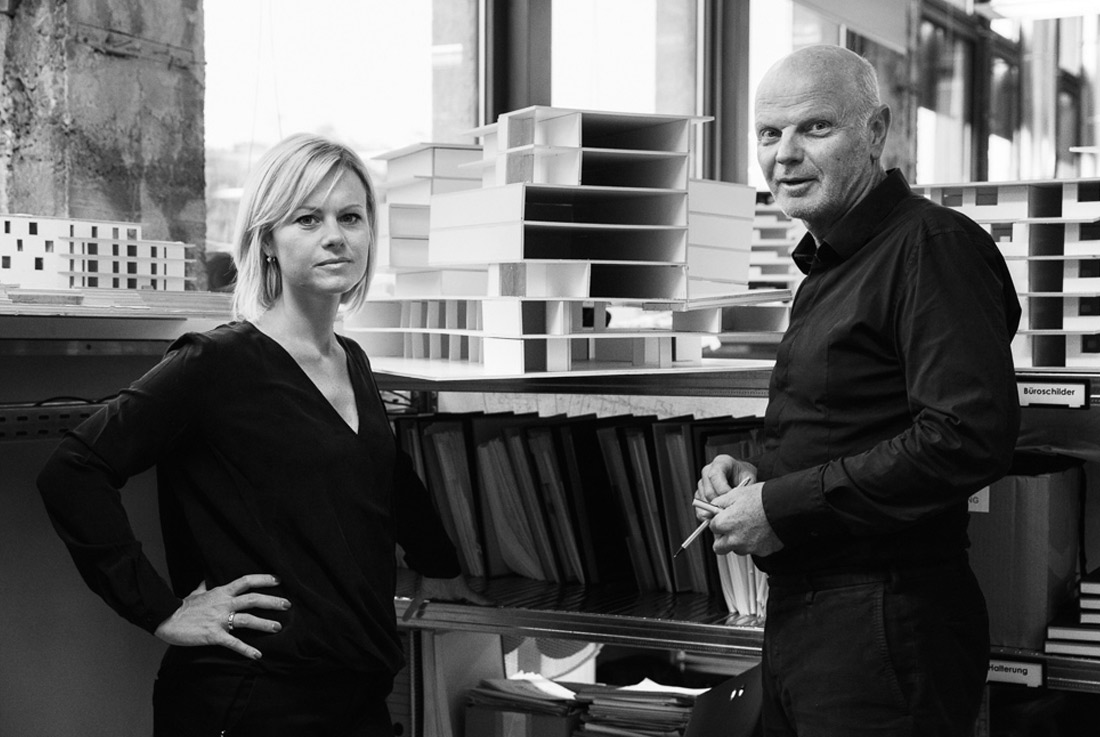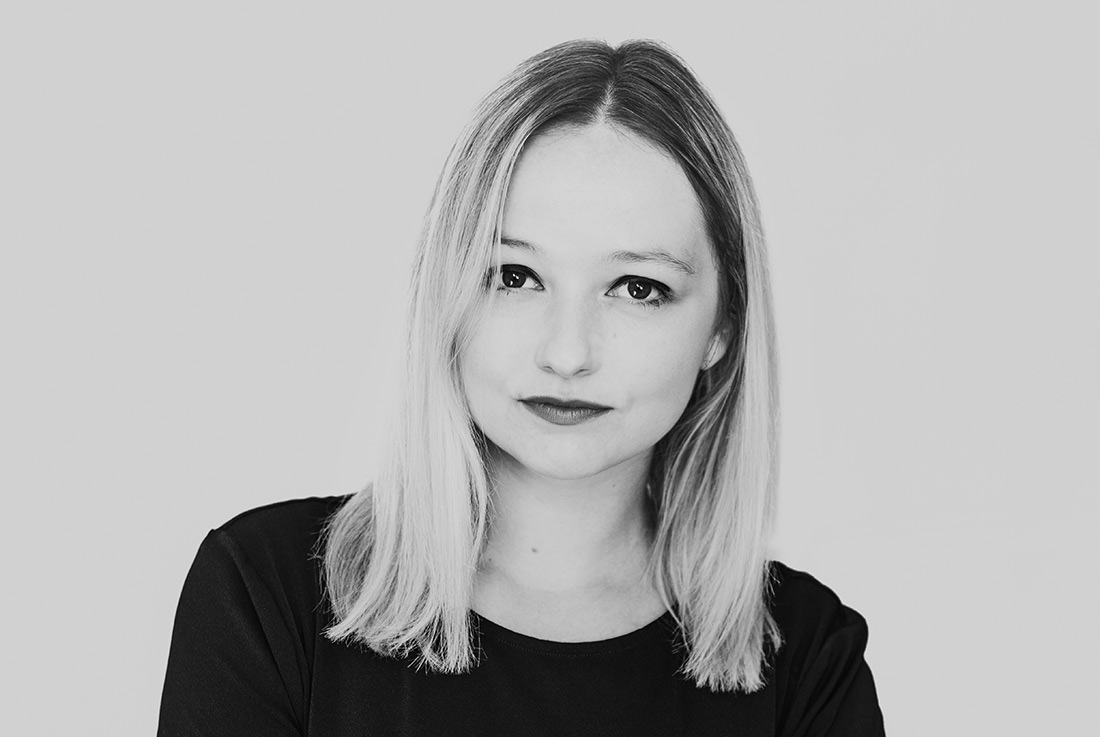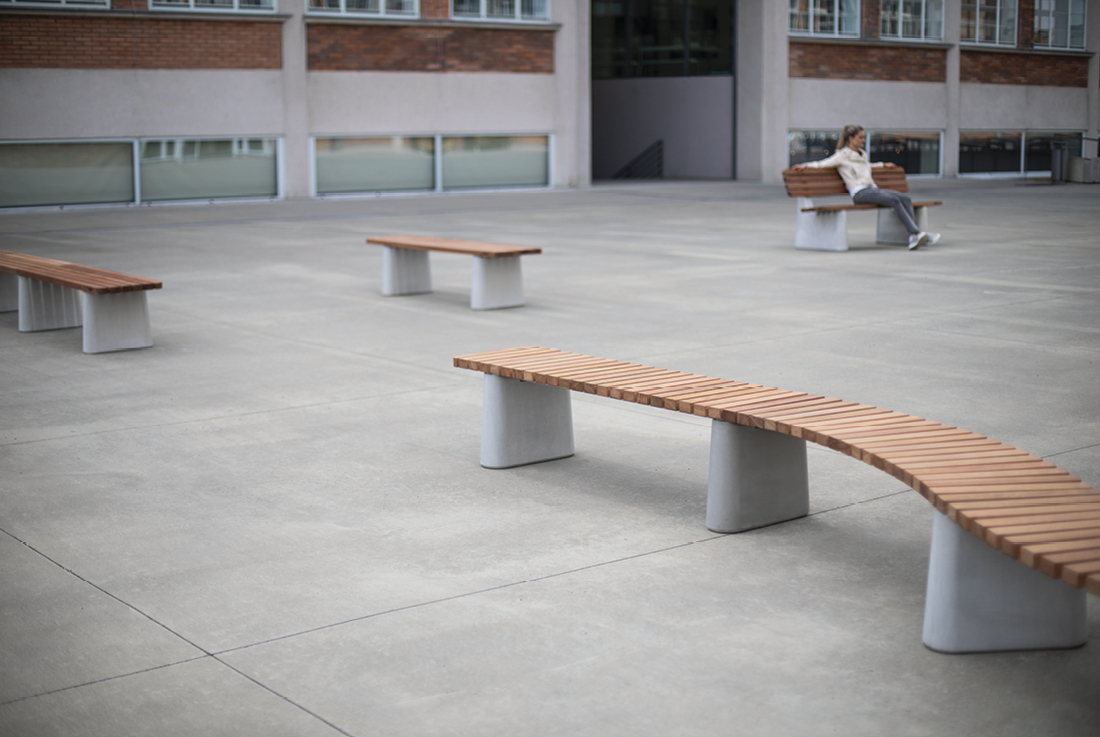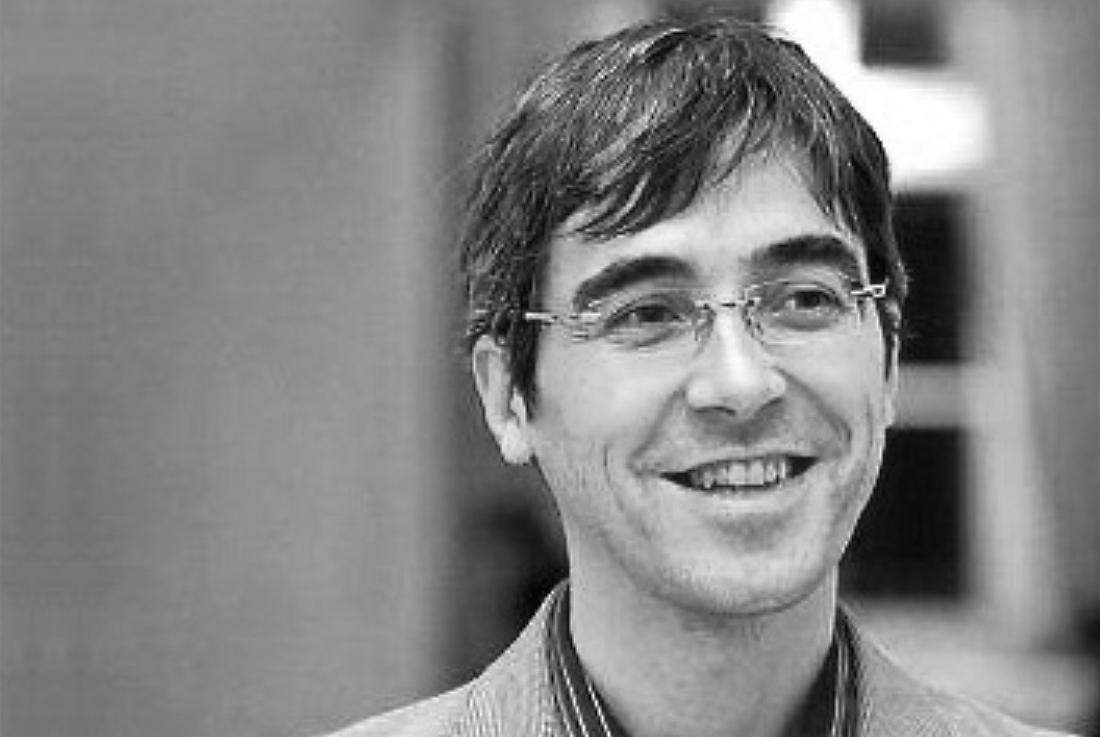
Education needs to strengthen cultural freedoms and intensify the search for truth; interview with Enzo Essenza
By Boštjan Tadel
We are nowhere near a point when anyone could predict what comes A. C. (“after Corona”, as the New York Times columnist Thomas Friedman has called it), but we can assume that we are entering turbulent times. Since you have had a “cross-experience” of working both at universities and a major corporation, what are your expectations for the near future?
Let me start with a simple observation: among all the changes that are currently happening, and all the changes that are still around the corner, Corona might turn out to be a relatively minor shift, no matter how disrupted everything feels during these months. This does not mean that Corona is not important. The pandemic has accelerated other changes that would otherwise take longer to happen. It has shown the vulnerability of our institutions, the lack of crisis preparedness and the lack of wisdom in crisis management and regeneration.
Already before Corona, many people were getting a sense that changes are imminent. We certainly did work under that assumption at Škoda. But in 2019 we couldn’t predict when and how quickly things would change. We were looking at sources of political and economic instability, for example, the conflict between the United States and Iran, North Korea, mass migration, terrorism, aging populations, populism, fake news and many other factors. We also considered major environmental trends. But who would have thought that it would be a very tiny organism, a virus, that would trigger such sweeping global reactions?
There is a lot of talk these days about “going back to normal”, which is understandable. In my view, a return to normal is unlikely. Even if the pandemic can be contained and future infectious waves will not be serious, we cannot fully go back to the old days. There are simply too many other unsolved problems that are growing and that have been overshadowed by the current emphasis on the pandemic.
The current events are part of a wider and deeper pattern that various authors have called a polycrisis, a long emergency, a great transition, a great transformation, a macroshift. All these terms refer to a complex and profound transformative process in all spheres of society – a process that will probably last several decades. I expect it to be everything, except business as usual.
"The current events are part of a wider and deeper pattern that various authors have called a polycrisis, a long emergency, a great transition, a great transformation, a macroshift. All these terms refer to a complex and profound transformative process in all spheres of society – a process that will probably last several decades. I expect it to be everything, except business as usual."
We can assume that there will be an increased need for life-long learning. What do you expect for the future of education?
To understand the future of education, we need to know that in any field, there are three types of systems: mainstream, alternative and transformative, with great heterogeneity within these systems. The fact that an educational institution or another organisation belongs to any of these systems, tells us little about its quality. In every system there are good and poor examples. Nevertheless, if we move from mainstream to alternative and ultimately to transformative systems, we can see that there is an opening toward deeper and wider perspectives and possibilities. There is a paradigm shift when you go from mainstream to alternative, and yet another paradigm shift when you go from alternative to transformative.
Educational institutions and other organisations that are operating in the mainstream are favoured by the laws, regulations and the governing institutions. Naturally, they are not inclined to change, even if they know that at some point they might have to. The lack of change has many causes. Some of the most important ones are an overdose of pragmatism, path-dependency and lethargy in many institutions, with the result that the gap between organisational development and events in the world is increasing, leading to more disruptive, non-linear changes in the future.
Working on positive futures during times of great uncertainty and change requires different approaches to education. We may call it life-long, life-wide and life-deep education based on new content and new methods. Organisations wanting to upgrade the capabilities of their employees do not need to continue operating their corporate academies in the standard ways. They now have a chance to embrace new educational approaches.
However, there is a risk of uncritically embracing innovations. We need to distinguish between useful innovations, harmful innovations and pseudo-innovations. Just because something is new, it is not necessarily good. For example, when we hear that digital education is the future of education, we should ask: does this type of education make us any wiser, kinder and more human? Or is it a way to increase time spent at the computer, entrench social distancing, and make our world more artificial and impersonal than it already is?
"There is a risk of uncritically embracing innovations. For example, when we hear that digital education is the future of education, we should ask: does this type of education make us any wiser, kinder and more human? Or is it a way to increase time spent at the computer, entrench social distancing, and make our world more artificial and impersonal than it already is?"
You have received you Masters degree at Harvard in the mid ’90s, and your doctorate at Oxford in 2003. Can you compare your experience from decades ago to the needs of today – and tomorrow?
I have had the fortune to be born in 1968 during the first half of the “super-boom”. This era started after the Second World War and lasted until the beginning of 2020. The boom was about to end already in 2008, but its lifetime was artificially extended by massive debt-financed stimulation of the economy, low interest rates and central banks pumping money into the economy. In 2020, states and central banks are again using the same bazooka mechanisms to revive the economy. These mechanisms work like steroids. They work in the short-term, while at the same time undermining future prosperity by making inflation and state bankruptcy more likely.
When I compare the outlook for my children with my own life, I see stark differences. I had the good fortune to be born in a picturesque village in Switzerland, in a peaceful country with long-term political stability, embedded within a prosperous Europe. I lived through the Cold War, but it was remote and did not affect me much. In my youth, the EU was a visionary project, the global environment was in a better shape than it is today, and a university degree was a ticket for a bright future.
It was a fine experience to study at prestigious universities, and I am truly grateful for it, but you need to bear in mind that these are mainstream institutions. Marking the pinnacle of the old world, they lack qualities that alternative and transformative approaches can offer. The Harvard of the Future is yet to be created.
In my primary and secondary education, I experienced an alternative approach to education. I attended a Waldorf school in Basel. The last year before my high school diploma, I attended a traditional Swiss gymnasium. I could therefore experience first-hand how the mainstream education system differs with the alternative school I attended.
During the last global financial crisis a decade ago, I became involved in the development of transformative education. We created a first prototype, a “School for Transformative Leadership”, at Palacky University in Olomouc, Czech Republic. From 2010 to 2013, more than 4000 students attended our transdisciplinary courses, which were very popular among students, as they were mind, heart and will opening. We brought fresh waters into higher education and created something like “a university within the university”. Since 2013, we are working on a University for the Future as an extension and deepening of the work we had started in Olomouc.
As I continue gaining exposure to all three systems of education – mainstream, alternative and transformative, I am trying to learn lessons that will help to build a new system of higher education. I observe how the mainstream system is affected by bureaucracy, ideology, careerism and political correctness, and how it reproduces itself by calibrating the incentives and rules in such a way that they create barriers to entry for alternative and transformative impulses.
If we take the already mentioned financial crisis of 2008 as an example, we can illustrate how the mainstream system works. It is well known that the financial crisis was caused by risky practices of financial institutions. But where does the intellectual foundation for these practices come from? Often, it comes from professors from the most prestigious universities. And whenever the system becomes unstable, who is tasked with stabilising the system? The same experts who designed these systems.
You may recall, for instance, Lawrence Summers, former President of Harvard University, Secretary of the Treasury under President Clinton, Director of the National Economic Council under President Obama. Summers has a long track record of working in finance, academia and government. He is one of the architects of the financial system, which creates increasing systemic risks and bears ever closer resemblance to a Casino rather than a solid system of financing real economic activity.
My point is not to single out Lawrence Summers and to say “he’s the one to blame”. Summers is just one example of many. My point is that it is difficult to solve a problem by using the same consciousness, the same people and the same mechanisms that have caused the problem. For decades, the Wall Street-Washington corridor has enabled people to switch back and forth between serving private interests and making decisions about laws and regulations that affect these interests. This system creates conflicts of interests and limits one’s worldview and one’s “range of heart”, if I may use this expression.
With the current pandemic we have a similar situation: people who have contributed to the problem are tasked to solve it, whereas cultural creatives from alternative and transformative spheres are not involved in problem solving, even though many of them would be capable of making a positive difference. Generally speaking, people outside the mainstream have little influence over the legal frameworks, the accreditation commissions, the national budgets, the EU innovation funds, the influential media and all the other mechanisms that drive societal development.
Why are cultural creatives out of power?
One reason for this is that the alternative and transformative paradigms are less inclined to support hunger for power, status, money. People who have internalised these paradigms sufficiently tend to prefer kindness and cooperative action rather than power games. And then there are other reasons too. My experience from the “transformative laboratories” is that cultural creatives are still mostly in the periphery, in states of emergence, experimentation and incubation. When you start thinking and working in more transformative ways – you can also call it integral or holistic if you prefer – you have no choice but to enter a steep learning curve.
In the early stages of this learning curve, one tends to work with ideals, general principles, visions, stories, metaphors. After a while, one realises that this is not enough. There is a need to specify more clearly what we mean by “transformative” and to explain how precisely alternative or transformative approaches could work in practice. If we limit ourselves to developing general visions, it is difficult to convince representatives of the mainstream, and it is hard to know ourselves how to implement our ideas.
"Alternative and transformative paradigms are less inclined to support hunger for power, status, money. People who have sufficiently internalised these paradigms tend to prefer kindness and cooperative action rather than power games."
For example, if we want to advocate universal basic income, we should not only present the idea and its advantages and disadvantages. We need to show in detail how it would work, how it could be financed, and how to avoid problems such as an increased manifestation of laziness in large segments of the population. Or how to avoid massive welfare migration in the direction of “free money”. When I wrote a book chapter on universal basic income many years ago, it did not dawn on me that I forgot to specify such details. Now it seems to me that it was not sufficient to write an essay on basic income. It was a first start for me, but it was of little use to make such a system a reality.
Another example: if we want to create systemic change in higher education by building a new type of university that takes the term “higher education” seriously, it is not enough to write an essay saying that such an institution would be more creative, trans-disciplinary, future-oriented, and that it would enable people to discover their vocation and higher human potential. All this is true, of course, but we also need to explain precisely what my son or daughter would study there, and how the experience of studying would be different. We need to go into technicalities and long-term construction work.
It is easier and more comfortable to imagine a vision or principles of transformative education rather than to sit down and create a new type of curriculum, specifying the content, methods and sequence of courses, proposing workable solutions for accreditation, etc – all this without making shortcuts and compromising on ideals.
As long as we prefer to sit on the cloud of discussing visions, nothing much will happen in practice. We need to build alternative and transformative institutions that can compete with the mainstream. This is a challenge of our time; it is a challenge for culturally creative people; and it is a challenge for me personally, as I also prefer working with great ideas rather than solving never-ending practical problems and facing attacks by the those who do not want to see real change.
Jeremy Rifkin wrote The End of Work as early as 1995, and it is becoming only more relevant as technology advances. He talks about the third economy (the societal one, working alongside corporate and state economies, and being centred around everyone’s quality of life in an affluent society). He argues that the third economy is necessary, if we are to remain an equal society. How could the field of education support the development of this additional stratum of economy?
It is not hard to answer your question, but it is difficult to make it work in practice. This is explained by a beautiful quote by Machiavelli:
“It ought to be remembered that there is nothing more difficult to take in hand, more perilous to conduct, or more uncertain in its success, than to take the lead in the introduction of a new order of things. Because the innovator has for enemies all those who have done well under the old conditions, and lukewarm defenders in those who may do well under the new. This coolness arises partly from fear of the opponents, who have the laws on their side, and partly from the incredulity of men, who do not readily believe in new things until they have had a long experience of them.”
I’ll give you an example that I have heard just this morning (22nd April 2020) on the Czech radio. There was an interview about the Corona crisis with Jan Konvalinka, Vice-Rector for Research at Charles University in Prague, one of the great traditional universities of the world going back to the 14th century. At one point of the interview, Konvalinka spoke about Professor Luc Montagnier, a French virologist who won the Nobel Prize for co-discovering the HIV virus. After studying the Covid-19 virus, Montagnier concluded that it has some germs of malaria and some elements of HIV. In his opinion, it is quite possible that the virus comes from a Chinese laboratory.
Now, virology is not my field and I really cannot have a qualified opinion on that, but I found interesting how the Vice-Rector tried to discredit Professor Montagnier. He first said that one looks like an idiot, if one criticizes a Nobel prize winner, but in his opinion Luc Montagnier was not credible, because he believes that water has a memory, because he defends homeopathy and is a critic of vaccination. The Vice-Rector used this as an argument why Montagnier must be wrong about the origin of Covid-19. He failed to mention the fact that the Chinese government is resisting international investigations into the origin of the virus and instead conducting a massive effort to influence the World Health Organisation, the global media, scientists and foreign government officials to present the official story of the Chinese government. Chinese doctors with first-hand experience of the virus outbreak in China keep disappearing without a trace. One wonders why the Chinese authorities do this: what is it that they try to hide?
Be the origin of Covid-19 as it may, the interview with the Vice-Rector or Charles University was telling. The fact is that key posts in academia are nowadays held by people who would like to exclude uncomfortable or alternative views. This is why one of the first tasks of 21st century education is to strengthen cultural freedoms and to intensify the search for truth. The notion of “truth” has been discredited by many forces, including post-modernist thinking, the growing ecosystem of disinformation in politics and the media, and the increasing influence of ideological academics.
We need more independent investigative journalists, more whistle-blowers, more academics capable of critical open-mindedness. We need politicians who can stand up to the influence of corporate interests and foreign states. We need to resist the ever more sophisticated apparatus of manipulation in the traditional media and the social media. Then there can be hope for progress in the creation of a third economy or any other positive societal development.
"The fact is that key posts in academia are nowadays held by people who would like to exclude uncomfortable or alternative views. This is why one of the first tasks of 21st century education is to strengthen cultural freedoms and to intensify the search for truth."
It is vital that truth searching is revived, rehabilitated, strengthened in a peaceful way, without religious or ideological wars, and without the presumption that truth means “knowing it all”.
When I speak about searching for truth, I don’t mean that we can fully understand the world intellectually. That’s why I prefer the term “cultural creatives”, rather than “intellectuals”. I find the term “intellectuals” limiting, as it seems to indicate that mainly the intellect matters in personal, organisational and societal development. Being overly intellectual can be a problem, however. It is a one-sided form of development, a condition which has been promoted by educational systems for decades, if not centuries.
"When I speak about searching for truth, I don't mean that we can fully understand the world intellectually. That’s why I prefer the term “cultural creatives”, rather than “intellectuals”. I find the term “intellectuals” limiting, as it seems to indicate that mainly the intellect matters in personal, organisational and societal development."
Can you give an example where one-sided intellectuality has become a problem?
An area where I see too much intellectuality and too little soul and spirit is transhumanism. This is a philosophy and worldwide movement to promote technological upgrades of the human being as part of an ever more comprehensive and advanced vision of a high-tech civilisation. Transhumanists want to make the human body more resilient to climate change; they want to prolong life and ultimately make humans immortal. There is already clinical practice on how to prevent genetic defects in babies, and for a long time there have been lively ethical discussions about “designer babies” with all sorts of desirable characteristics. The improvement of human beings, organisations and society through technology has become one of the most powerful ideologies in the 21st century. A lot of corporate and public funds are poured into it. For some people it has become a religion. All the while, the herd follows.
If humanity is to have a positive future, it needs to give natural systems priority over artificial ones. We need to spend scarce resources on wisdom-based human intelligence before we spend billions on artificial intelligence. We need an educational system that fosters wisdom. The trend toward hyperspecialisation promotes technological advances without the necessary human and cultural foundation. The result is a proliferation of “Fachidioten” who know an awful lot about very little. Happy in their silos, they are manipulating with viruses, without the need to ask ethical questions about the consequences of their research, without conducting research across boundaries, and without the will to search for root causes and systemic solutions.
I admit, though, that many people who promote technologies are also idealists. They believe that what they are trying to achieve will benefit humanity and nature. So we cannot put it in simplistic terms of good vs. evil – but we need to be aware that there are different perspectives on what is beneficial or harmful.
Can you try to provide a conceptualisation of the good society, a desirable future?
In terms of societal development, I find it useful to distinguish three basic scenarios: The first is “dystopia” – breakdown, collapse, totalitarianism, etc. The second is “utopia” – illusion, a state in which everything is perfect. The third is “protopia” – I also call it the “next Renaissance”. Protopia is not a perfect world, a paradise, but it is a world that strives to be more human, more alive, more artistic, more organic, more ecological, more gentle and more simple as compared with the high-tech artificial world that is nowadays being constructed.
The question is, do those who advocate a more organic, natural and humanist approach stand a chance against those who promote technologies, above all. The latter group has (almost) all the money, the power, the laws and the corporate interests behind them. One of my friends said: “I am aware that for every one of us there are thousands working for the exact opposite, but I am still going to do the work I believe in.” His orientation does not depend on external circumstances. In Albert Camus’ novel The Plague (published in 1947) the world has collapsed. A city is full of rats and dead people. And yet the main character, a medical doctor, continues his work by saying: “Il faut lutter – we have to struggle.”


